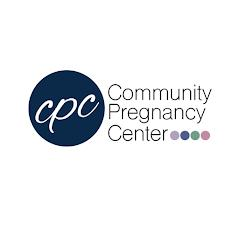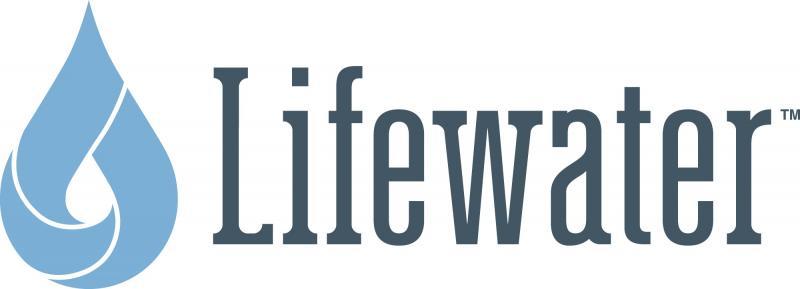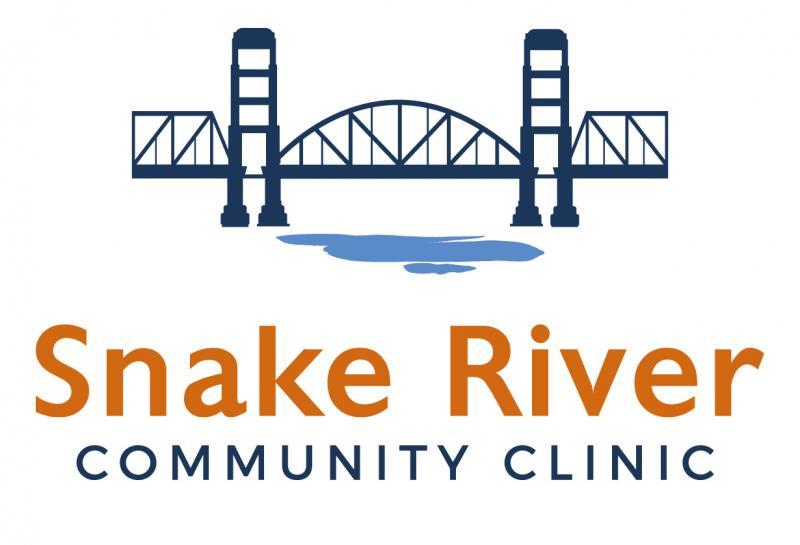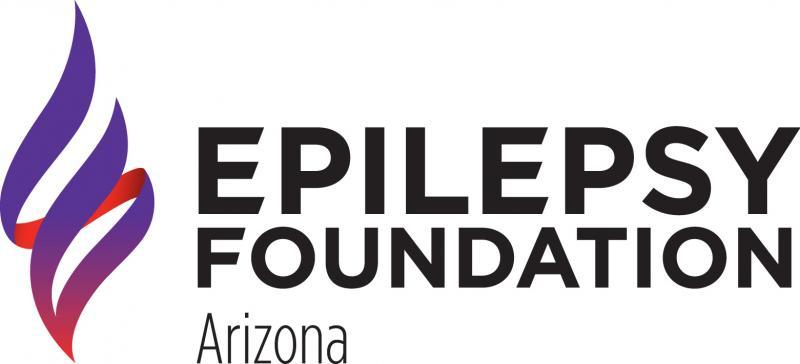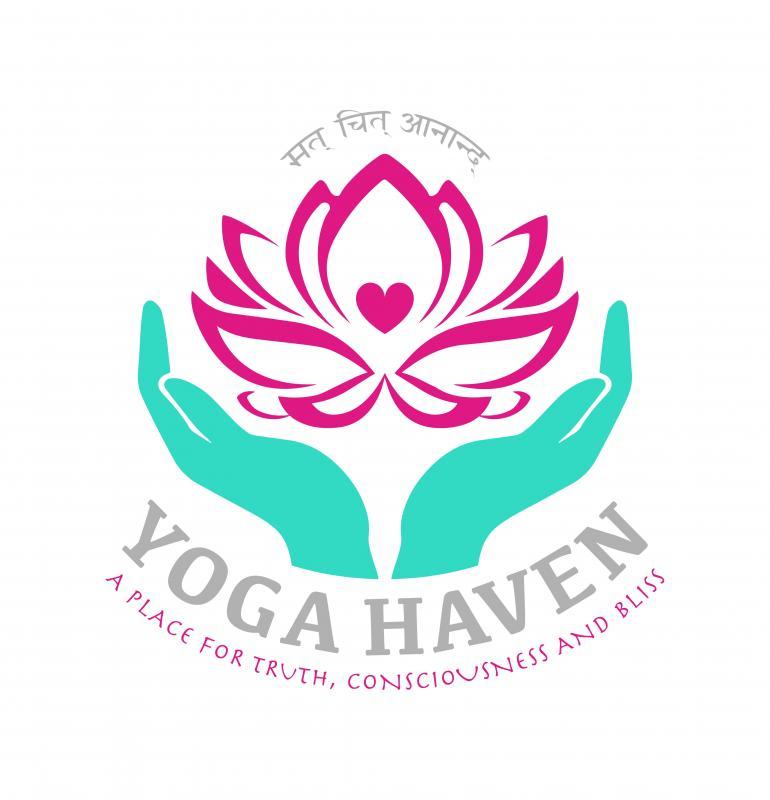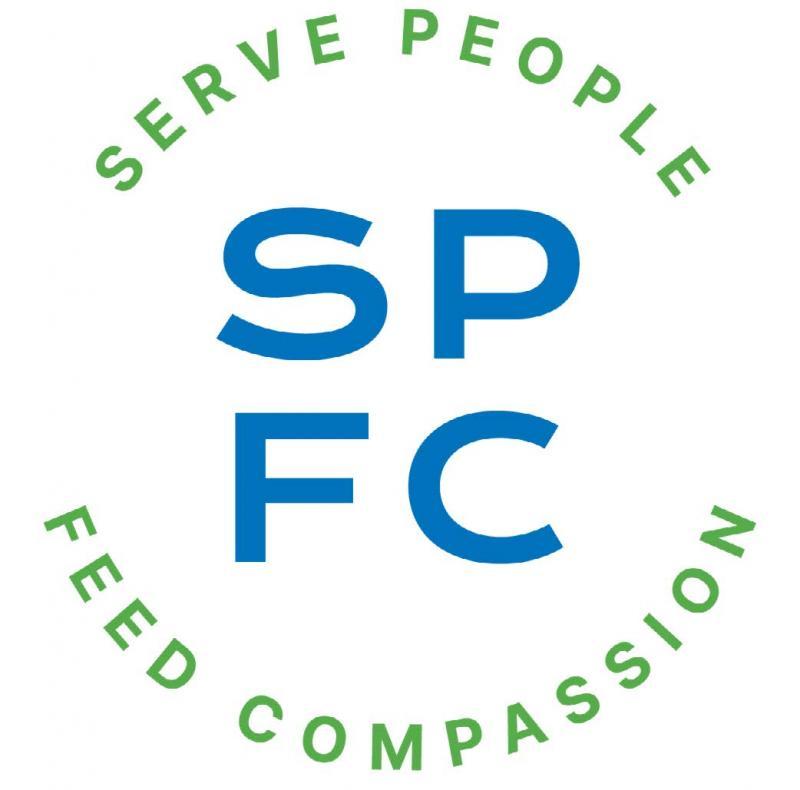Causes: Community Health Systems, Health, Health Support, Public Health
Mission: Our mission is to improve community health in the Dominican Republic. Through building local capacity for public health and strengthening the primary health care system, we work to promote well-being and access to quality health care.
Results:
• We are certified by the Dominican Ministry of Public Health and the National Health Service as a “health institution”, which allow us to implement and execute initiatives related to health education and provide chronic care.
• Our care goes beyond medicine; at HHI, we have built a sustainable structure that takes in accountability the social determinants of health and bring sustainable solutions to any gap that might impede a person's opportunity to live a dignified, healthy and happy life. We believe health access should be an undeniable, achievable, affordable and accessible human right for every person.
• Although we focus on non-communicable chronic diseases, we also have educational and clinical programs related to infectious diseases and tropical diseases.
• We integrate prevention, diagnosis, management, and specialist referral into our programming
• We gainfully employ local leaders, technical experts, and lay persons; our in-country staff is 100% of Dominican and/or Haitian heritage and maintains residence year-round
• We have a Board of Directors highly engaged in setting the strategic direction of the organization
• We evaluate impact at the individual, community, regional, and national levels through a scale and rigorous M&E systems that it's also applied in the public health system.
• The implementation of the 1st Community Immunization Program for children, youth, adolescents and the vulnerable population (BCG, DPT HB, HIB, POLIO, MEASLES, SRP, HPV, DT, HEPATITIS B, INFLUENZA, among others); dental operations, oncological operations, among others.
• Implementation of the 1st Community Health Program with a gender perspective, encompassing sexual and reproductive health services for girls and young people, with cervical cancer prevention services, Pap smears, and HPV vaccination.
• The 1st comprehensive mental health program approved by the National Health Service ™ in the Dominican Republic
• The recognition of the International Diabetes Federation as the 1st Center of Excellence in Diabetic Care in the Dominican Republic, and the 4th in the American continent.
Target demographics: communities facing poverty, lack of access to quality health care, and limited socioeconomic opportunity
Direct beneficiaries per year:
• 100 community health workers trained
• 60 doctors and 30 nurses trained in diabetes diagnosis, treatment, and management
• 12 primary care centers and 3 hospitals engaged in systems strengthening ⇒ and 165 primary care centers planned by 2020
• 10,000 patient consultations provided
• 100 US medical professionals and students engaged as volunteers
• 120 patients enrolled in our chronic care program
• 100 latrines built
• 27,000 individuals reached through community and individual health education
Geographic areas served: the Puerto Plata province of the Dominican Republic
Programs: The communities we serve face a series of challenges that amplify the gap in access to health: lack of access to quality medical care, gender disparities, structural violence, strained class-ethnic relations, inaccessibility to sustainable housing or primary education, the shortage of public services such as clean water and sanitation, institutionalized discrimination, migration gaps, unemployment, and many other determining factors of health. All of these place an increased burden of chronic diseases on people in a socioeconomically vulnerable state. Intestinal parasites caused by lack of access to clean water and infectious diseases that could be prevented by public health interventions are very common. Lack of proper nutrition, safe places to exercise, and community investment in health education are barriers to healthy lifestyles. Furthermore, access to medical care is limited by economic, geographic, and socio-cultural barriers. Access to education is equally limited, and although efforts by NGOs and the Dominican government have taken important steps to improve education in primary school, even the illiteracy rate remains extremely high. Hunger, lack of adequate housing, and lack of access to clean water are also widespread problems. It is important to emphasize that economic conditions have not favored the nearby populations, who mostly depend on informal economies or the cultivation and sale of agricultural products such as rice, grains, milk, and meat of animals raised. The average income does not exceed $95 USD a month. In the heart of the region, there was a sugar cane refinery that closed in the early 2000s. Before its closure, the refinery had been the main source of employment for residents, either as cane cutters, refinery workers, managers or other positions in the sugar cane industry. Since the refinery closed, unemployment and the economic downturn have exacerbated poverty among our target population. How does your organization improve the situation for your target population?Over the years we have built an inclusive community health model where we place the community as a vehicle for social change, self-management and sustainability, actively participating in decision-making regarding its development. Our unique community health model responds to the realities and the cultural, geographic, economic, political, social and clinical context of the Dominican Republic, rethinking the challenges of accessibility of primary care services and mitigation in the development of chronic diseases. from the perspective of development and international cooperation, human rights, social justice, access to education, access to sustainable housing, access to natural resources, and how these determinants of health have prevented thousands of of boys, girls, young people, adolescents, and their families do not have access to it. In this sense, our programmatic activity ranges from the empowerment of health promoters to offer primary care services in the community, the delivery of medicines, referral to specialists, monthly consultation with a family doctor, to the formation of support groups. for health education and prevention, the strengthening of primary care systems and services, and development projects related to the construction of water filters in remote communities, sanitation and hygiene projects, sustainable housing and home gardens. Describe your organization’s core programs, projects, services, or activities.
• Chronic Care Program led by specialists in family medicine and pediatrics, we identify children and families at risk of developing or living with a pre-existing chronic condition, we carry out prevention and education efforts on the importance of incorporating healthy habits into their primary care and chronic care services at home or at our community health center; They include medication delivery, clinical evaluations, follow-up and referral to specialists, follow-up, and home visits.
• Medical operations, mobile clinics and community talks focused on nutrition, chronic care, tropical diseases, chronic communicable and non-communicable diseases, mental health, social empowerment and community development for children and adolescents living in rural areas.
• Education and Prevention Program that seeks to encourage the population served to adopt behavioral changes and healthy habits to minimize the risk of developing chronic diseases. It includes the formation of support groups and community talks by health promoters on nutrition, general well-being, mental health, physical activity, among other topics. Movimiento Mujeres Program; offers education, prevention and integral management of cervical and breast cancer in vulnerable women
• Community Development Program that includes activities focused on food sovereignty, sanitation and clean water, sustainable housing, recreation and cultural heritage and sustainability. We implement projects together with schools, and parent-teacher associations for the implementation of community gardens and educate the child and adolescent population on the importance of self-sustainability, supported by recycling initiatives, waste management, use of public spaces, and culture. /folklore.
• Community Mental Health Program where it offers comprehensive and specialized services to people in the community facing emotional disorders and disorders related to mental health; through interventions that include psychotherapy, integration to self-help groups, community support groups, workshops, family and home care, and at the same time training promoters on peer2peer education, identification, and comprehensive management of individuals facing grief, depression, anxiety, stress , and other disorders.
Mission: Our mission is to improve community health in the Dominican Republic. Through building local capacity for public health and strengthening the primary health care system, we work to promote well-being and access to quality health care.
Results:
• We are certified by the Dominican Ministry of Public Health and the National Health Service as a “health institution”, which allow us to implement and execute initiatives related to health education and provide chronic care.
• Our care goes beyond medicine; at HHI, we have built a sustainable structure that takes in accountability the social determinants of health and bring sustainable solutions to any gap that might impede a person's opportunity to live a dignified, healthy and happy life. We believe health access should be an undeniable, achievable, affordable and accessible human right for every person.
• Although we focus on non-communicable chronic diseases, we also have educational and clinical programs related to infectious diseases and tropical diseases.
• We integrate prevention, diagnosis, management, and specialist referral into our programming
• We gainfully employ local leaders, technical experts, and lay persons; our in-country staff is 100% of Dominican and/or Haitian heritage and maintains residence year-round
• We have a Board of Directors highly engaged in setting the strategic direction of the organization
• We evaluate impact at the individual, community, regional, and national levels through a scale and rigorous M&E systems that it's also applied in the public health system.
• The implementation of the 1st Community Immunization Program for children, youth, adolescents and the vulnerable population (BCG, DPT HB, HIB, POLIO, MEASLES, SRP, HPV, DT, HEPATITIS B, INFLUENZA, among others); dental operations, oncological operations, among others.
• Implementation of the 1st Community Health Program with a gender perspective, encompassing sexual and reproductive health services for girls and young people, with cervical cancer prevention services, Pap smears, and HPV vaccination.
• The 1st comprehensive mental health program approved by the National Health Service ™ in the Dominican Republic
• The recognition of the International Diabetes Federation as the 1st Center of Excellence in Diabetic Care in the Dominican Republic, and the 4th in the American continent.
Target demographics: communities facing poverty, lack of access to quality health care, and limited socioeconomic opportunity
Direct beneficiaries per year:
• 100 community health workers trained
• 60 doctors and 30 nurses trained in diabetes diagnosis, treatment, and management
• 12 primary care centers and 3 hospitals engaged in systems strengthening ⇒ and 165 primary care centers planned by 2020
• 10,000 patient consultations provided
• 100 US medical professionals and students engaged as volunteers
• 120 patients enrolled in our chronic care program
• 100 latrines built
• 27,000 individuals reached through community and individual health education
Geographic areas served: the Puerto Plata province of the Dominican Republic
Programs: The communities we serve face a series of challenges that amplify the gap in access to health: lack of access to quality medical care, gender disparities, structural violence, strained class-ethnic relations, inaccessibility to sustainable housing or primary education, the shortage of public services such as clean water and sanitation, institutionalized discrimination, migration gaps, unemployment, and many other determining factors of health. All of these place an increased burden of chronic diseases on people in a socioeconomically vulnerable state. Intestinal parasites caused by lack of access to clean water and infectious diseases that could be prevented by public health interventions are very common. Lack of proper nutrition, safe places to exercise, and community investment in health education are barriers to healthy lifestyles. Furthermore, access to medical care is limited by economic, geographic, and socio-cultural barriers. Access to education is equally limited, and although efforts by NGOs and the Dominican government have taken important steps to improve education in primary school, even the illiteracy rate remains extremely high. Hunger, lack of adequate housing, and lack of access to clean water are also widespread problems. It is important to emphasize that economic conditions have not favored the nearby populations, who mostly depend on informal economies or the cultivation and sale of agricultural products such as rice, grains, milk, and meat of animals raised. The average income does not exceed $95 USD a month. In the heart of the region, there was a sugar cane refinery that closed in the early 2000s. Before its closure, the refinery had been the main source of employment for residents, either as cane cutters, refinery workers, managers or other positions in the sugar cane industry. Since the refinery closed, unemployment and the economic downturn have exacerbated poverty among our target population. How does your organization improve the situation for your target population?Over the years we have built an inclusive community health model where we place the community as a vehicle for social change, self-management and sustainability, actively participating in decision-making regarding its development. Our unique community health model responds to the realities and the cultural, geographic, economic, political, social and clinical context of the Dominican Republic, rethinking the challenges of accessibility of primary care services and mitigation in the development of chronic diseases. from the perspective of development and international cooperation, human rights, social justice, access to education, access to sustainable housing, access to natural resources, and how these determinants of health have prevented thousands of of boys, girls, young people, adolescents, and their families do not have access to it. In this sense, our programmatic activity ranges from the empowerment of health promoters to offer primary care services in the community, the delivery of medicines, referral to specialists, monthly consultation with a family doctor, to the formation of support groups. for health education and prevention, the strengthening of primary care systems and services, and development projects related to the construction of water filters in remote communities, sanitation and hygiene projects, sustainable housing and home gardens. Describe your organization’s core programs, projects, services, or activities.
• Chronic Care Program led by specialists in family medicine and pediatrics, we identify children and families at risk of developing or living with a pre-existing chronic condition, we carry out prevention and education efforts on the importance of incorporating healthy habits into their primary care and chronic care services at home or at our community health center; They include medication delivery, clinical evaluations, follow-up and referral to specialists, follow-up, and home visits.
• Medical operations, mobile clinics and community talks focused on nutrition, chronic care, tropical diseases, chronic communicable and non-communicable diseases, mental health, social empowerment and community development for children and adolescents living in rural areas.
• Education and Prevention Program that seeks to encourage the population served to adopt behavioral changes and healthy habits to minimize the risk of developing chronic diseases. It includes the formation of support groups and community talks by health promoters on nutrition, general well-being, mental health, physical activity, among other topics. Movimiento Mujeres Program; offers education, prevention and integral management of cervical and breast cancer in vulnerable women
• Community Development Program that includes activities focused on food sovereignty, sanitation and clean water, sustainable housing, recreation and cultural heritage and sustainability. We implement projects together with schools, and parent-teacher associations for the implementation of community gardens and educate the child and adolescent population on the importance of self-sustainability, supported by recycling initiatives, waste management, use of public spaces, and culture. /folklore.
• Community Mental Health Program where it offers comprehensive and specialized services to people in the community facing emotional disorders and disorders related to mental health; through interventions that include psychotherapy, integration to self-help groups, community support groups, workshops, family and home care, and at the same time training promoters on peer2peer education, identification, and comprehensive management of individuals facing grief, depression, anxiety, stress , and other disorders.
info@hhidr.org
One Regency Drive Health Horizons International Foundation Office, Bloomfield, CT 06002
860-274-3344
Health
Bloomfield









